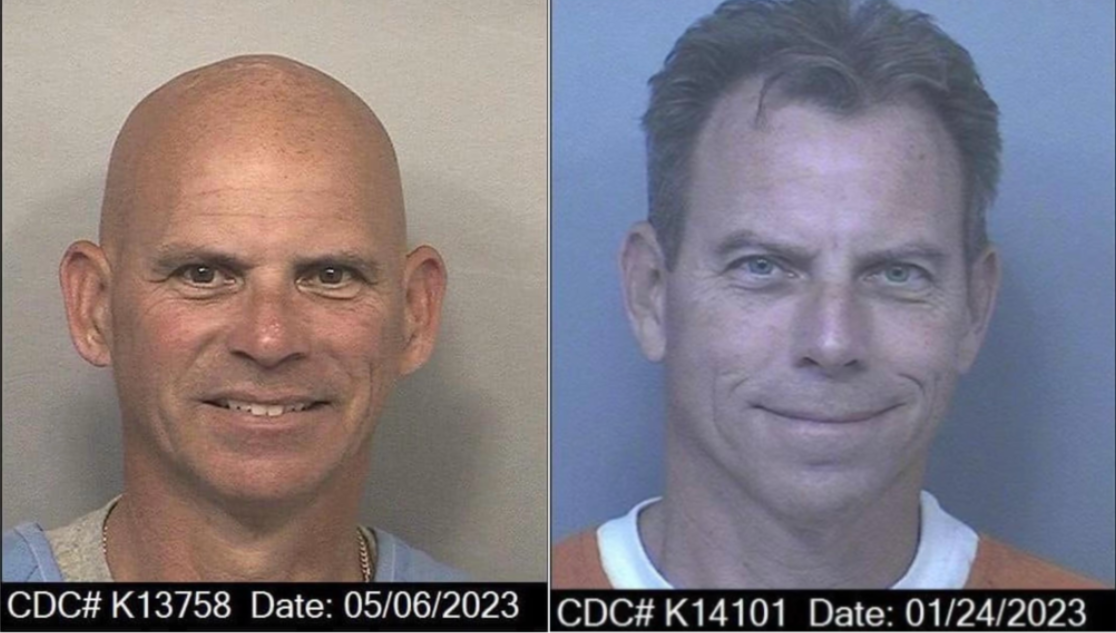Netflix’s series Monsters: The Lyle and Erik Menendez Story has sparked controversy, with Erik Menendez himself speaking out against the portrayal of his case. In a statement shared by his wife on social media, Erik accused Netflix and co-creator Ryan Murphy of distorting facts and spreading “blatant lies” about him and his brother, Lyle. The Menendez brothers were convicted in 1996 for the murder of their parents, José and Kitty Menendez, after a highly publicized trial that divided the nation on whether their crime was driven by years of abuse or motivated by greed.
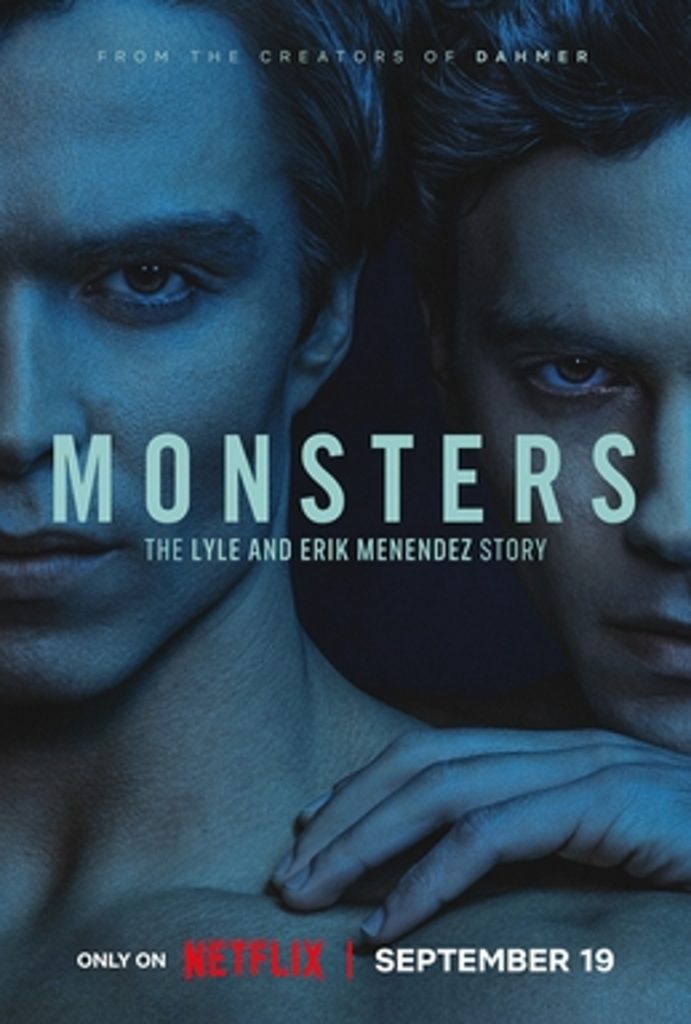
The rise in true-crime dramatizations, such as Netflix’s series, has reignited debates about the ethical consequences of revisiting real-life horrors. While these shows attract widespread audiences, the retelling of horrific crimes comes at a cost, often exploiting the trauma of both victims and perpetrators. Erik Menendez’s statement highlights how painful and harmful these dramatizations can be. By portraying a version of events that he claims is misleading and damaging, these productions risk undermining the truth, reducing complex personal tragedies into stories driven by entertainment rather than understanding.

Dramatizing real crimes often sensationalizes them, turning criminals and their stories into cultural phenomena. As seen in the first season of Monsters with Jeffrey Dahmer, there is a fine line between telling a story and glorifying a criminal. Casting well-known actors and creating high-budget series around infamous crimes risks reframing these individuals as intriguing figures, sometimes even fostering misguided sympathy. In the case of the Menendez brothers, Netflix’s portrayal may oversimplify their crime, potentially evoking pity for the brothers at the expense of the gravity of their violent actions.
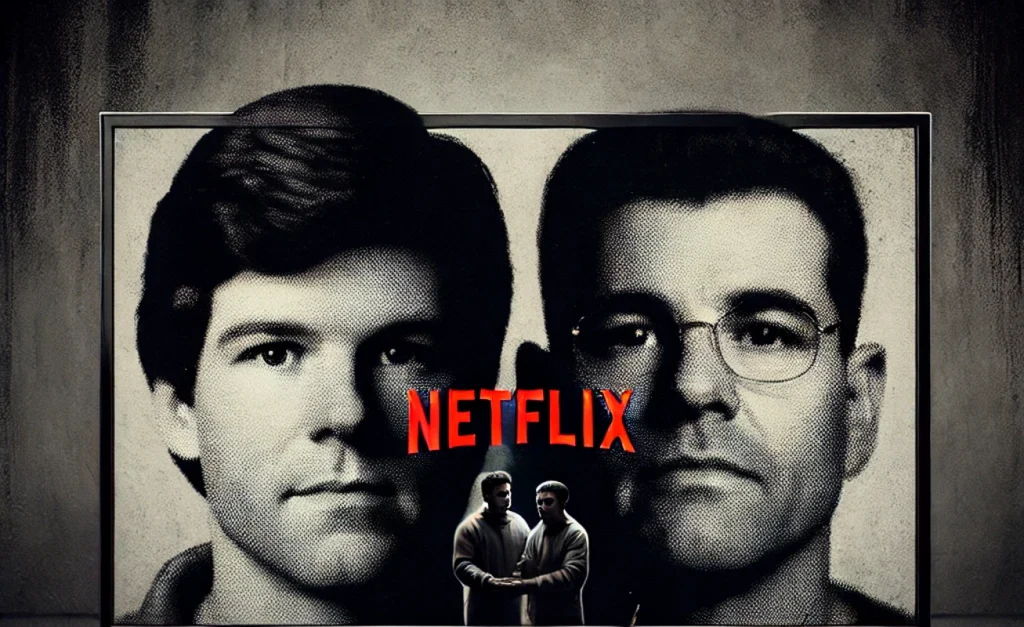
When media portrayals become the dominant narrative, they can shape public opinion in problematic ways. Erik Menendez’s criticism of Netflix suggests that the series perpetuates outdated ideas and overlooks important details about the abuse he and his brother claim to have suffered. This demonstrates the danger of simplifying complex legal cases for dramatic purposes. The real-life legal battles were marked by nuance, but a retelling focused on entertainment can mislead viewers, leaving out key information that would lead to a fuller understanding of the case.
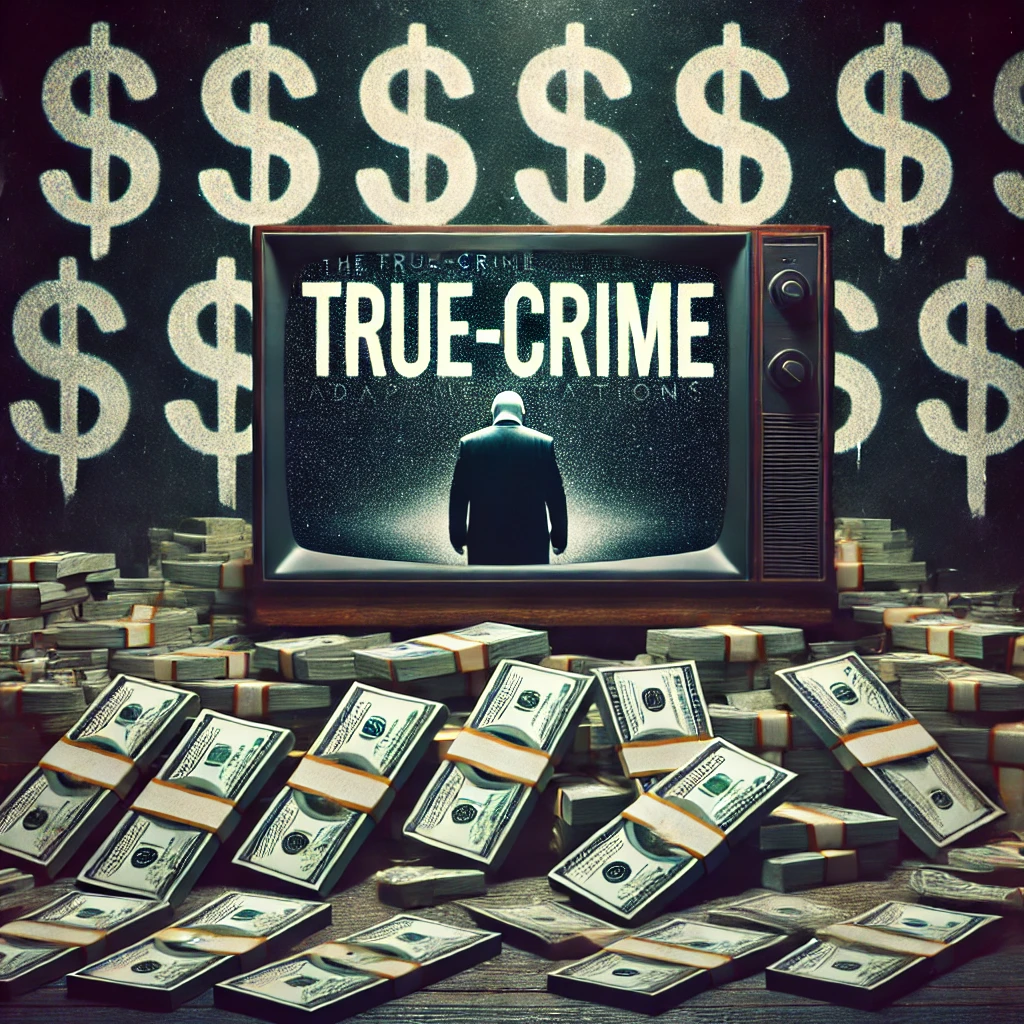
True-crime adaptations like this are often motivated by profit, capitalizing on the public’s fascination with notorious crimes. As Erik pointed out, creators may intentionally distort facts to fit a more marketable narrative, prioritizing viewership over accuracy. This profit-driven approach can exacerbate the ethical problems at the heart of these shows, where human suffering is repurposed as entertainment. By sensationalizing real-world tragedies, streaming services like Netflix commodify the pain of others, presenting violence and trauma as just another product to be consumed.
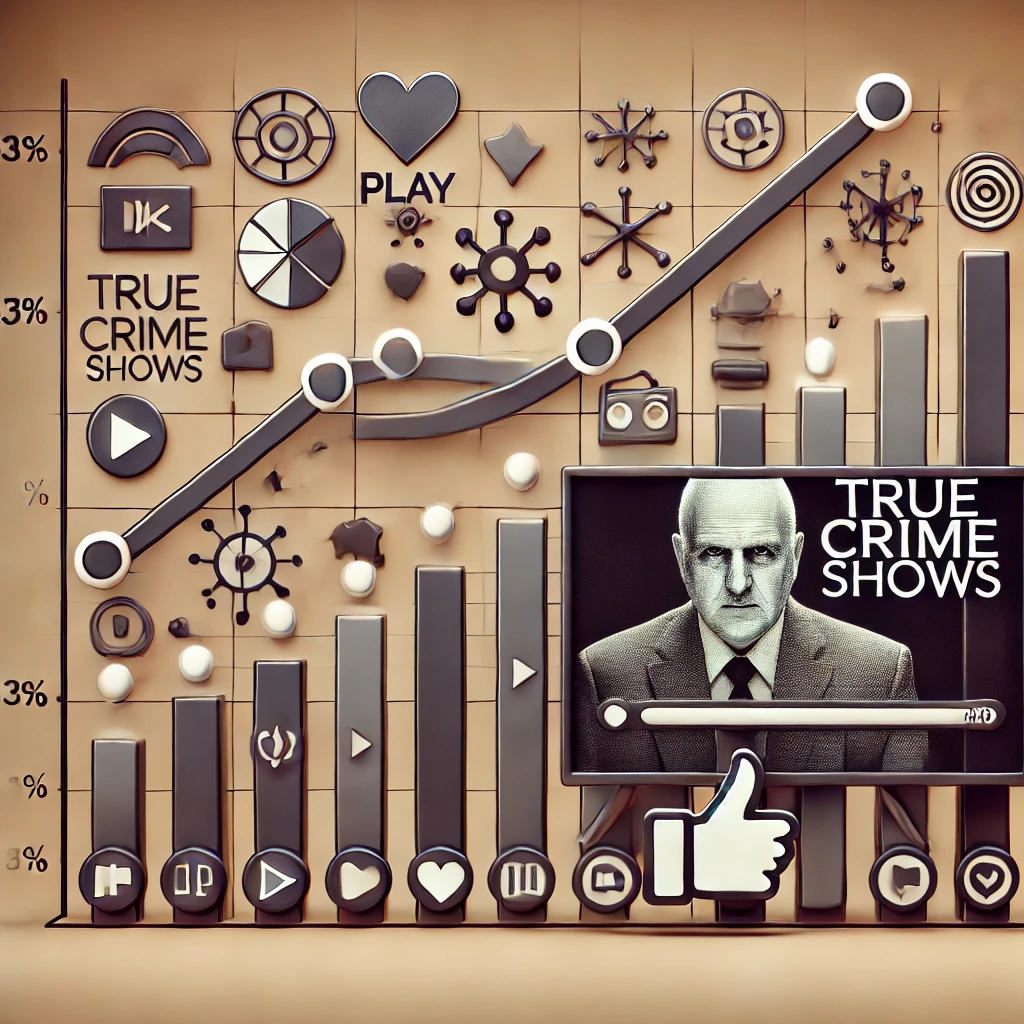
While the popularity of true crime continues to rise, it’s important to consider the consequences of this obsession. Revisiting horrific crimes through a lens that prioritizes drama over truth does more harm than good. It distorts facts, glorifies criminals, and misleads audiences, all while re-traumatizing those who lived through the events.
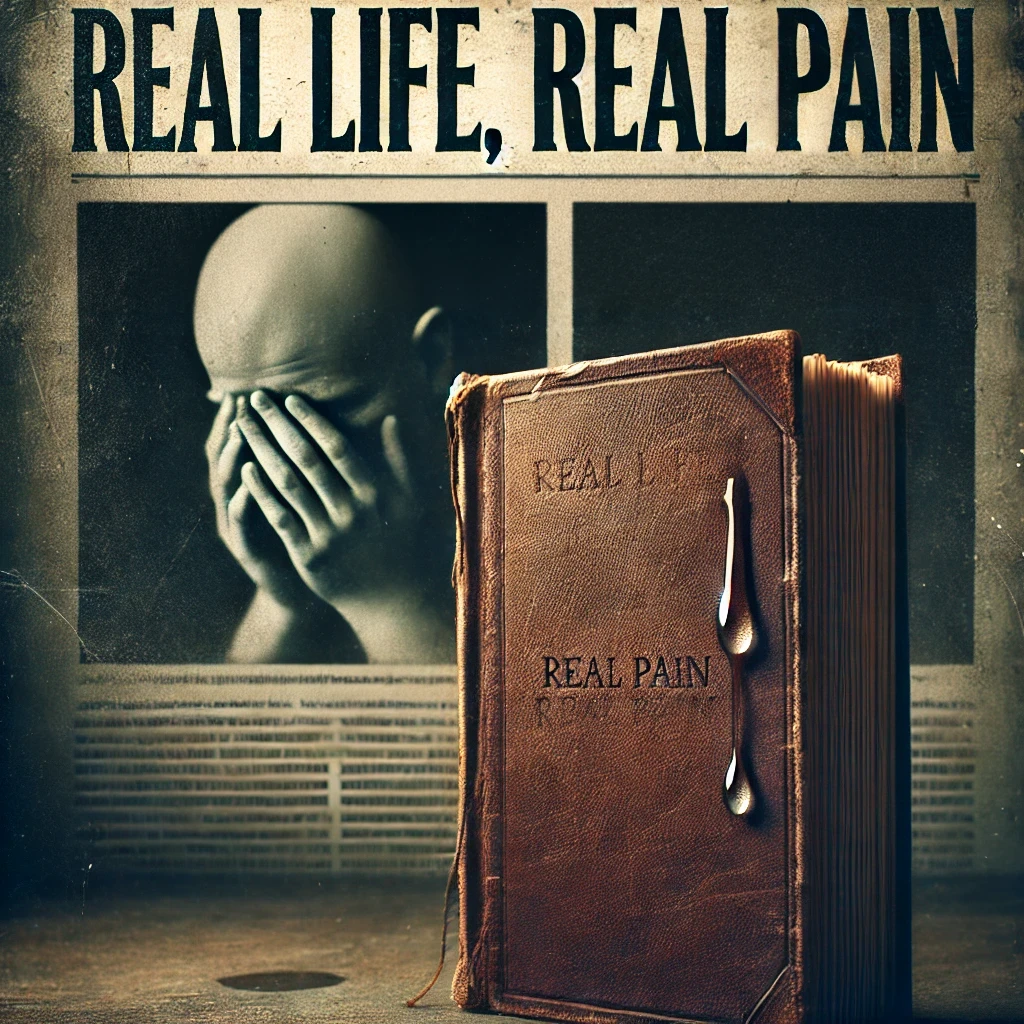
Erik Menendez’s response to Monsters: The Lyle and Erik Menendez Story serves as a reminder that, for many involved, these are not stories but real and painful histories. The ongoing fascination with true crime may be entertaining, but it comes at a significant cost to truth, ethics, and human dignity.

Glorifying these stories and bestowing undue infamy upon the convicted, productions like Monsters risk cultivating a dangerous cultural fascination with criminality. The transformation of real-life perpetrators into pop culture figures can inadvertently encourage others to seek notoriety through similarly heinous acts. This spectacle-driven form of fame, where crimes are repackaged as entertainment, may attract individuals already teetering on the edge of moral boundaries. In the quest for recognition, such individuals could perceive infamy as a legitimate avenue to achieve the same level of attention afforded to figures like the Menendez brothers. Thus, the cyclical nature of crime and media consumption poses a societal risk, where true-crime dramatizations not only exploit past horrors but also inadvertently inspire future ones.

